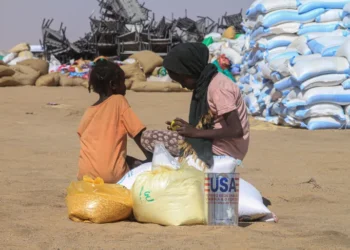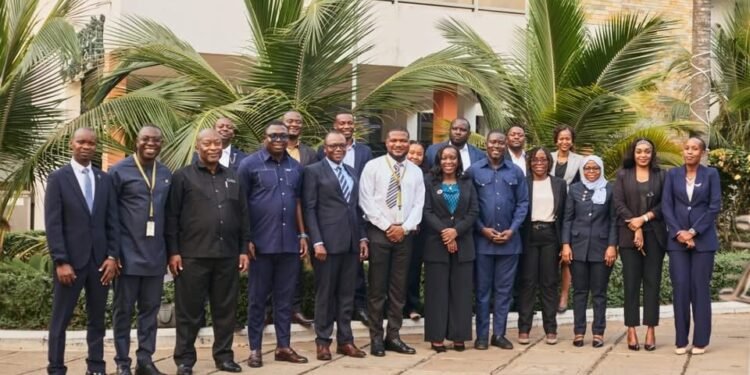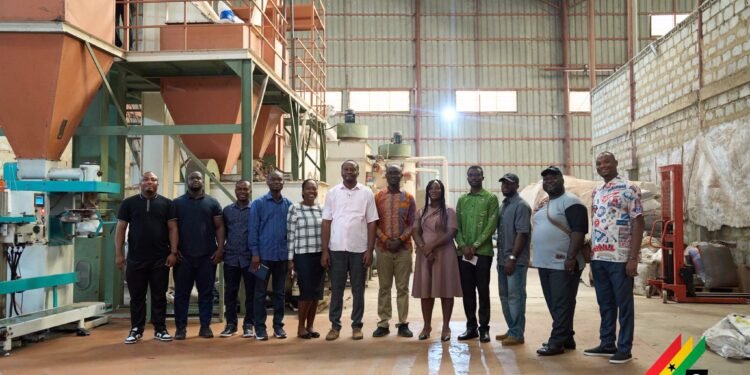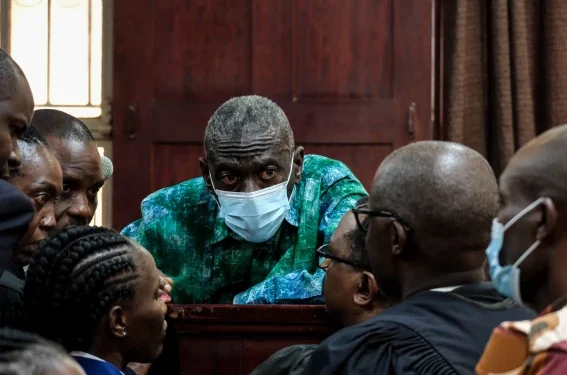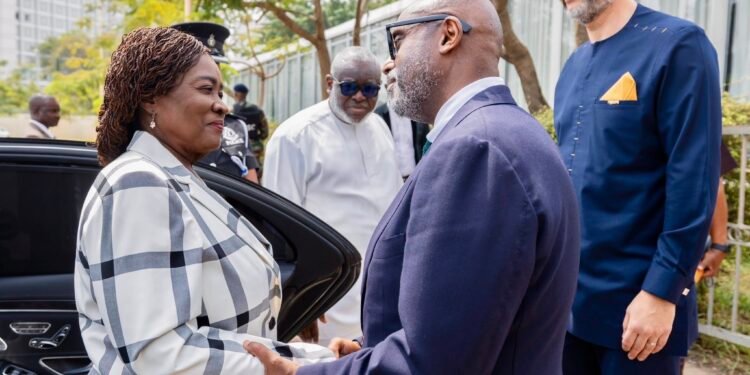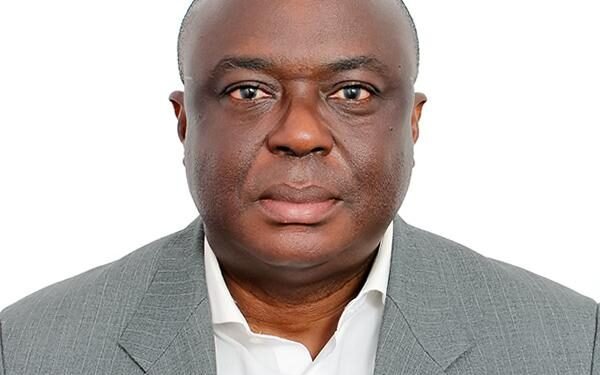Dr. Okonjo-Iweala has stated that action on trade can help alleviate debt pressures on the poorest countries. According to her, lowering trade barriers gives countries more opportunities to push down their debt-to-exports ratios. She indicated that addressing supply-side constraints and improving access to trade finance would help them take better advantage of market opportunities.
She revealed this whilst speaking at a High-Level Meeting with Heads of State and Government on the International Debt Architecture and Liquidity on March 29, 2021.
“Debt sustainability assessments and trade negotiations have something in common. They sound arcane and technical. But they are fundamentally about people: about people’s living standards, opportunities, and aspirations”.
COVID-19 and debt
DG Okonjo-Iweala stated that COVID-19 has worsened debt dynamics for many developing countries by closing off export opportunities and lowering commodity prices. She stressed that lowering trade barriers and improving access to trade finance could help alleviate debt pressures.
She further indicated that governments can reinforce the predictable framework of rules that underpin global trade if the WTO delivers results this year. Moreover, she noted, this will enhance the ability of countries to earn the foreign exchange they need.
“20 years ago, we thought that the Highly Indebted Poor Countries and Multilateral Debt Relief initiatives would solve the debt problem. And they did, for a good two decades”.
Also, she touched on the effects of multiple crises on countries over the years. These crises ranged from the financial, economic, and food crises of 2008-2009, to localized impacts of climate change, epidemics, and now COVID-19.
However, she stated that multiple crises have left many poor countries and even emerging markets in debt distress. Dr. Okonjo-Iweala indicated that countries now have little fiscal space to cope with or to finance the SDGs post-COVID.
Action on Debt financing
Dr. Okonjo-Iweala added that the collapse of export receipts from tourism has prompted balance of payments difficulties for many developing countries. These countries are especially island economies from the Caribbean to the Pacific and Indian Oceans.
“At the onset of the crisis, trade finance dried up for several low-income countries. Foreign banks cut existing credit lines or refused to endorse letters of credit unless guaranteed by others. Without trade finance, countries can import necessities only by paying cash in advance”.
As a result, DG Okonjo-Iweala pointed out that action on debt and financing can help rekindle investment, growth, and trade. The Director-General cited the case of Nigeria in 2004-2005 as an example. She stressed the importance of the G20 Debt Service Suspension Initiative (DSSI) in this regard.
She also welcomed new SDR allocation and an accelerated IDA20. This, she said, would provide fiscally constrained countries with resources to prevent imports from contracting. It will also help countries finance purchases of COVID-19 vaccines to redress the present inequality in access.
Nevertheless, she stated that fiscal sustainability for debt-distressed developing countries demands an enhanced DSSI. As a result, she called for ample concessional financing to get these LICs and MICs durably on to their feet. However, she stated that these countries must be ready to undertake the necessary structural reforms to make economic growth and financing sustainable.
READ ASLO: Parliament approves 2021 budget for Sanitation Ministry









